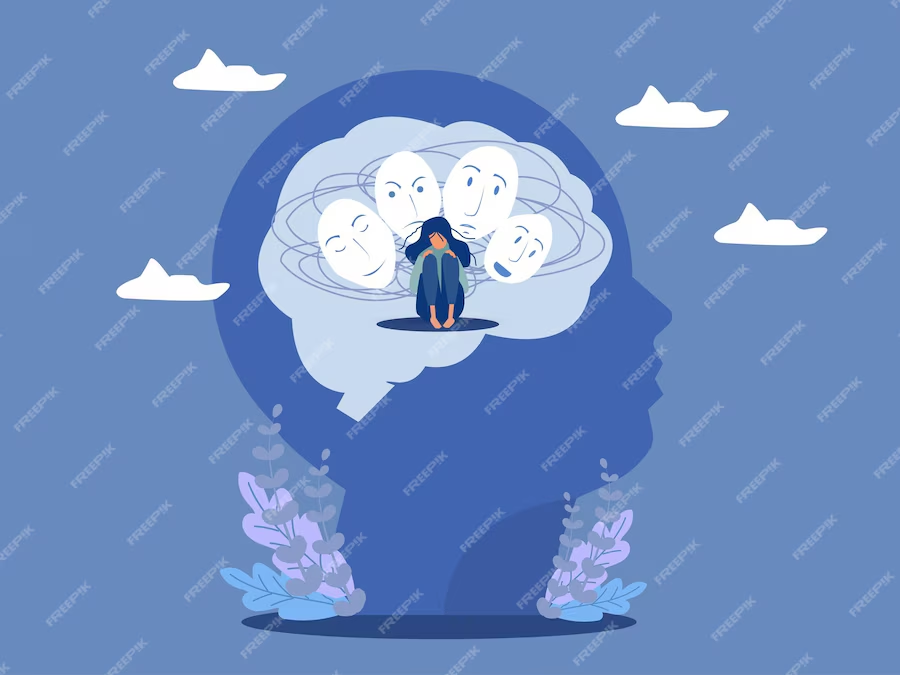Communication is one of the basic needs of humans. Its absence can hurt mental health. When a loved one does not react to our grief or happiness the way we expect, this experience is frustrating.

However according to psychiatry, if these communication problems occur repeatedly with the same person, the reason for this may not be only their lack of good intentions. It may be a sign of a possible social cognition change. Recently, research conducted at McGill University Montreal has made it clear that there is a link between social cognition and various mental health disorders.
What is social cognition?
Social cognition is the ability through which we understand the feelings of others and assess their intentions and beliefs.
Mental health can reduce the ability.
Mental health disorders can lead to a decrease in the skill of understanding the feelings of others and talking openly. Research has shown that this deficit is seen in many mental health disorders such as depression, bipolar disorder, and schizophrenia.
Impact on everyday life
Recent studies have also shown that deficits in social cognition in people with bipolar disorder affect their ability to function in their daily lives. This deficit results in obstacles in expressing one's emotions, forming relationships with others, and participating in social life.
Preventive measures
Several interventions have been developed to improve social cognition. These include various exercises that focus on improving social cognition and memory. For example, patients can be given exercises to identify what the other person's feelings are. Additionally, social cognition can be developed through stories, where the characters' intentions are gradually revealed.

Technological initiatives
During the COVID-19 pandemic, researchers conducted online group sessions for people suffering from mental health disorders using digital tools.
Important information for families
Family and friends need to know that when someone is suffering from a mental health disorder, they are not intentionally hurtful. Special programs are available to improve communication, which helps family members maintain relationships with each other.
(PC: Freepik)










